data
Latest

AT&T will give users an extra 15GB of mobile hotspot data
AT&T is still expanding its offerings to keep people online during the COVID-19 outbreak. Between April 2nd and May 13t, it's adding an extra 15GB of mobile hotspot data to every line on unlimited plans that have a monthly tethering allowance. If you have the Unlimited Extra plan, for instance, that will effectively double the amount of data you get. That's still not enough data to completely rely on your phone's connection if you're used to landline data allotments, but it could be helpful if your wired service goes down or becomes oversaturated.

Facebook makes it easier to see how much it knows about you
Facebook will let you view and download more of the data it collects about you, the company revealed today. It's expanding the Download Your Information tool on Facebook and the Download Your Data tool on Instagram to include more of the info it tracks as you use those platforms -- like what you add to your profile or which Pages or posts you like. That info is used to personalize what you see on Facebook and Instagram, but it also raises some data privacy concerns.
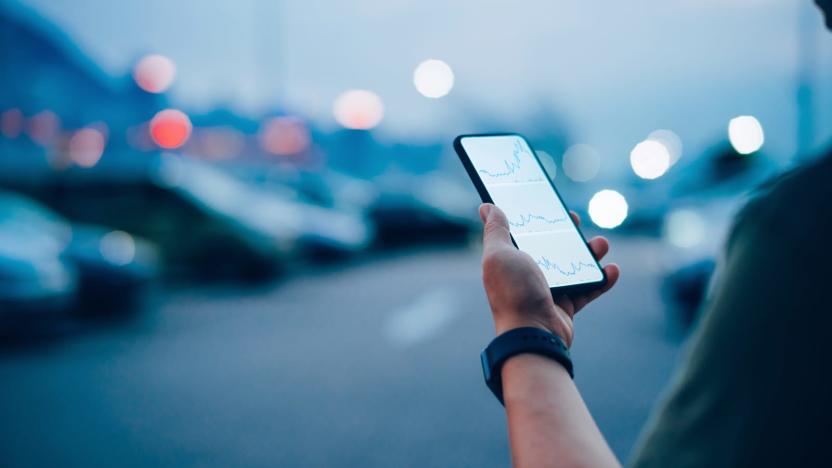
Saudi Arabia may be spying on its citizens via US mobile networks
Data shared by a whistleblower suggests Saudi Arabia may be using a weakness in mobile telecom networks to track its citizens in the US, The Guardian reports. The data shows that over a four-month period, Saudi Arabia's three biggest mobile phone companies sent 2.3 million requests for Provider Subscriber Information (PSI). Normally, that data is used to help foreign operators register roaming charges, but the high volume of requests could also give the Saudi telecoms enough info to track users within hundreds of meters of accuracy.

The Weather Channel brings localized COVID-19 updates to your phone
The Weather Channel and its parent company IBM (yep, who knew?) have teamed up to bring coronavirus data, maps and charts to your phone. They're importing data from sources like the World Health Organization (WHO), and including info from reliable local and state sources, so you can get a picture of how the virus is spreading near you, across the country and around the globe.
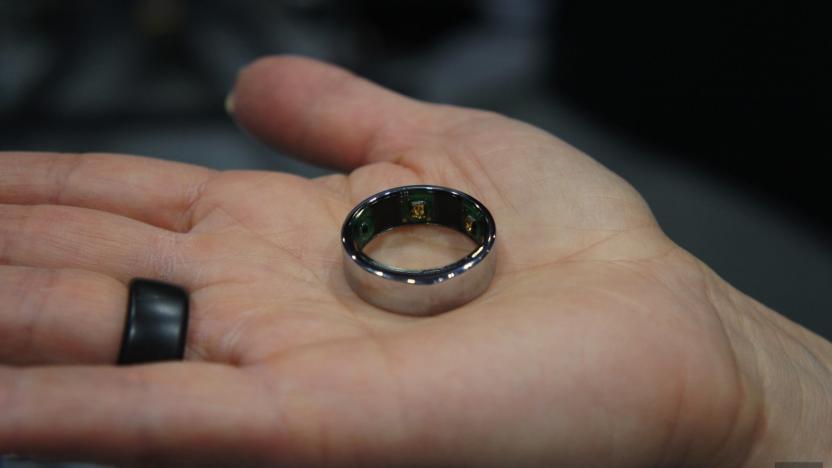
ER docs don smart rings to better predict COVID-19 infections
Some 2,000 emergency medical workers in San Francisco are tracking their temperature and other vitals with Oura's smart rings in an attempt to limit the spread of COVID-19, SF Chronicle reports. Oura and researchers from the University of California San Francisco (UCSF) hope to use that data to develop an algorithm that will predict the onset of COVID-19 and help contain the virus.

Verizon gives customers extra mobile data to deal with COVID-19
More cellular carriers are taking steps to ensure people can stay online during the COVID-19 pandemic. Verizon (Engadget's parent company) is giving consumer and small business customers an extra 15GB of LTE data speeds per month on their plans, with no action required. This applies regardless of the device you're using, and whether your service is a regular subscription or prepaid. It's not the completely unlimited access you might hope for, but it could help you stay online if you depend on your phone's data for work.

Uber sues LA’s Dept. of Transportation for warrantless record requests
The data privacy battle between Uber's Jump scooter service and the Los Angeles Department of Transportation has been brewing over the last 18 months. After refusing to share real-time location data on its scooter riders, Uber was ordered by the LADOT to remove its scooters from the city. According to CNET, Uber is now suing the LADOT for allegedly violating the Fourth Amendment by seeking the company's business data without a warrant.

Yahoo launches its own unlimited data plan for $40 a month
Yahoo was a bastion of the early days of mainstream internet, but is it really relevant anymore? It's no secret that its popularity has waned in recent times, so in what is presumably a bid to bring itself back to the fore, it's branching out to the mobile business. Yahoo Mobile will tout unlimited texts, calls and 4G data, all for the flat fee of $40 a month.

A popular analytics platform secretly scraped user data via VPN apps
Popular analytics platform Sensor Tower has been secretly harvesting data from millions of people with Android and iOS ad-blocking and VPN apps, according to an investigation by BuzzFeed News. It's not clear that the apps -- which include Free and Unlimited VPN, Luna VPN and Adblock Focus -- were owned by Sensor Tower, nor were their users made aware that by using them they were exposing their data to potential risk.

Windows 10 gives users more control of what diagnostic data they share
In another attempt to give Windows 10 users more control over their data, Microsoft is making a few changes to its Settings app and Group Policy settings in the latest Windows 10 preview build (19577). In the Settings app, basic diagnostic data will now be known as "required," and full diagnostic data will be known as "optional." Theoretically, Windows 10 will make it easier to switch between sharing required and optional diagnostic data with Microsoft.

DuckDuckGo shares a list of thousands of web trackers that gather your data
Over the past couple of years, the privacy-focused browser DuckDuckGo has been compiling a data set of web trackers. The company calls it Tracker Radar. Today, DuckDuckGo is sharing that data publicly and open sourcing the code that generates it.
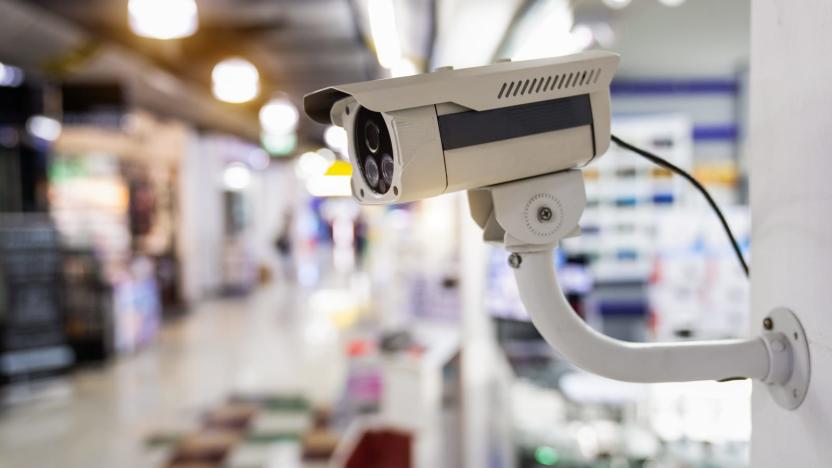
Banjo AI surveillance is already monitoring traffic cams across Utah
A small company called Banjo is bringing pervasive AI surveillance to law enforcement throughout Utah, Motherboard reports. In July, Banjo signed a five-year, $20.7 million contract with Utah. The agreement gives the company real-time access to state traffic cameras, CCTV and public safety cameras, 911 emergency systems, location data for state-owned vehicles and more. In exchange, Banjo promises to alert law enforcement to "anomalies," aka crimes, but the arrangement raises all kinds of red flags.
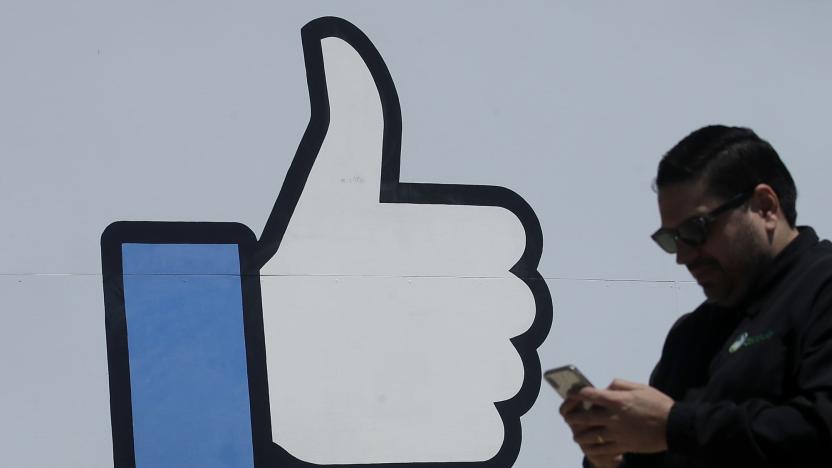
Facebook sues analytics firm that stole user data through third-party apps
Facebook has filed a federal lawsuit against a company called OneAudience, accusing it of stealing the personal information of its users. According to Facebook's announcement, OneAudience paid third-party developers to install a malicious software development kit (SDK) in their apps that allowed it to collect people's data without their knowledge.
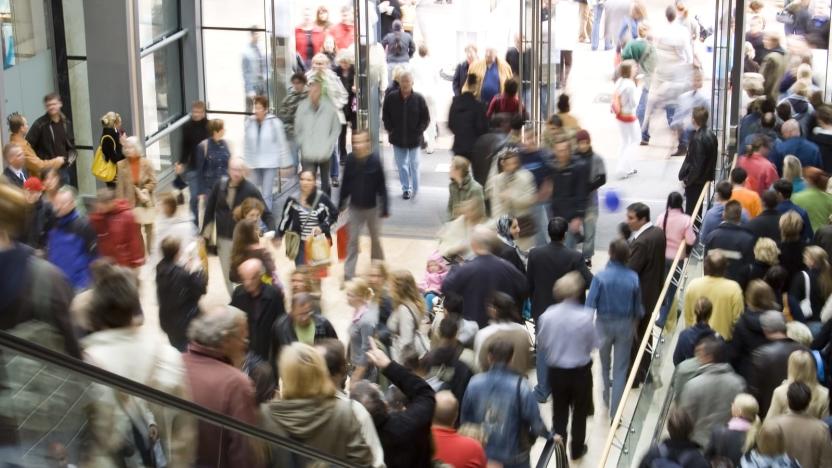
Analytics firm exposed data for 120 million households
Exposed databases are all too common, but this one may be more serious than most. Researchers at UpGuard discovered that the Australian market analysis firm Tetrad left data for 120 million households exposed in Amazon S3 storage. It appeared to be a blend of data from providers like Experian Mosaic, Claritas/Nielsen's PRIZM as well as Tetrad customers like Chipotle, Kate Spade and Bevmo. The info varied from source to source, but frequently included sensitive details like names, addresses and purchasing habits. Experian Mosaic's data, for example, sorted users into types based on factors like income.
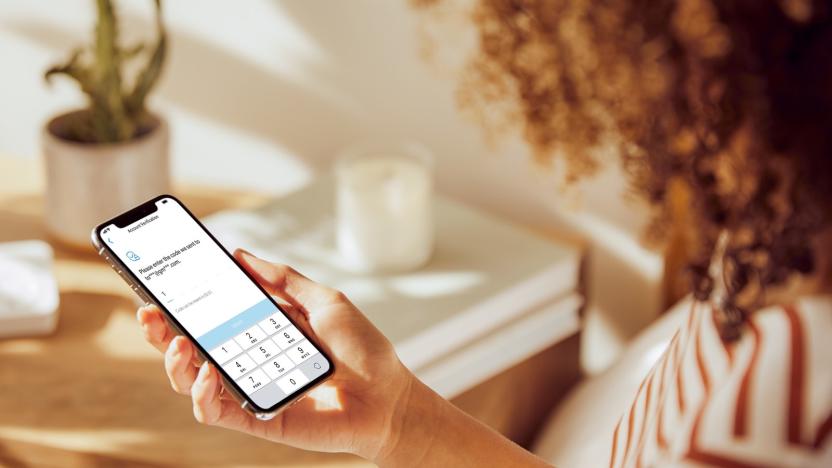
Ring now requires two-factor sign-ins for its home security devices
Ring is continuing its bid to improve privacy and security after facing criticism. As of today, the Amazon brand will start requiring two-factor authentication for all users when they sign into their Ring accounts. When the feature reaches you this week, you'll always get a six-digit code sent to either your email or (less recommended) SMS in order to complete the login process. This move will seem more than a little familiar when Nest announced a similar requirement just a week earlier, but it's still good news when it promises to raise the baseline security for Ring's smart home devices.

EU backs away from proposed five-year facial recognition ban
The European Union won't issue a ban on facial recognition tech, as it once proposed, the Financial Times reports. In a previous draft of a paper on artificial intelligence, the European Commission suggested a five-year moratorium on facial recognition, so that the technology's impact could be studied, noting that it can be inaccurate, used to breach privacy laws and facilitate identity fraud. In a new draft, seen by the Financial Times, that moratorium has been removed.

Federal agencies reportedly bought phone location data to track immigrants
Since at least 2017, the US federal government has been buying commercially-available cellphone location data to aid in immigration and border-related enforcement actions, according to a report from The Wall Street Journal. The data is the type of anonymized location information that analytics firms typically sell to digital advertisers so that they target specific consumers. In other words, it's information most people consent to sharing every time they install a new app on their phone.

Researchers can 'steal' data by tracking a PC monitor's brightness
There are already ways to siphon data from computers without a network connection or old-fashioned physical theft, but this might be one of the cleverer examples. Researchers have found a way to steal data from "air-gapped" computers (that is, no way to connect to other devices) using an LCD's brightness. The approach has a compromised computer relay imperceptible changes in the LCD's RGB color values that a camera-equipped device can detect. You could theoretically trick someone into loading malware on the target system through a USB drive and use nearby hijacked security cameras to transmit that information.
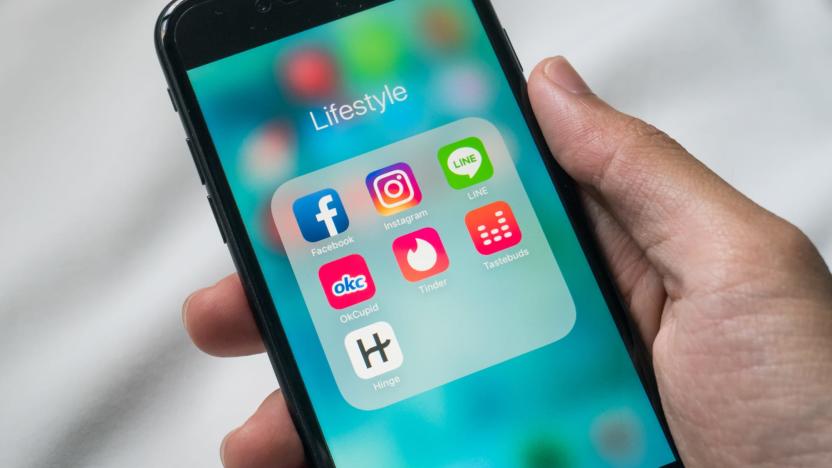
Ireland's data privacy watchdog opens probes into Google and Tinder
Ireland's Data Protection Commission (DPC) has opened two separate GDPR investigations into Google and Tinder. In the case of the latter, the agency says it will examine how the dating app handles people's data and whether it's been transparent about the process.

Facebook gives parents more control over Messenger Kids chats
Facebook launched its Messenger Kids app back in 2017, designed to get younger kids on board with digital literacy while giving them a safe space to connect and chat with their friends. It's seen a few security blips since, though, leading senators to question whether Facebook is doing enough to protect kids' privacy. Today, the company appears to have answered that call, as it rolls out a raft of new parental controls and safety features.




